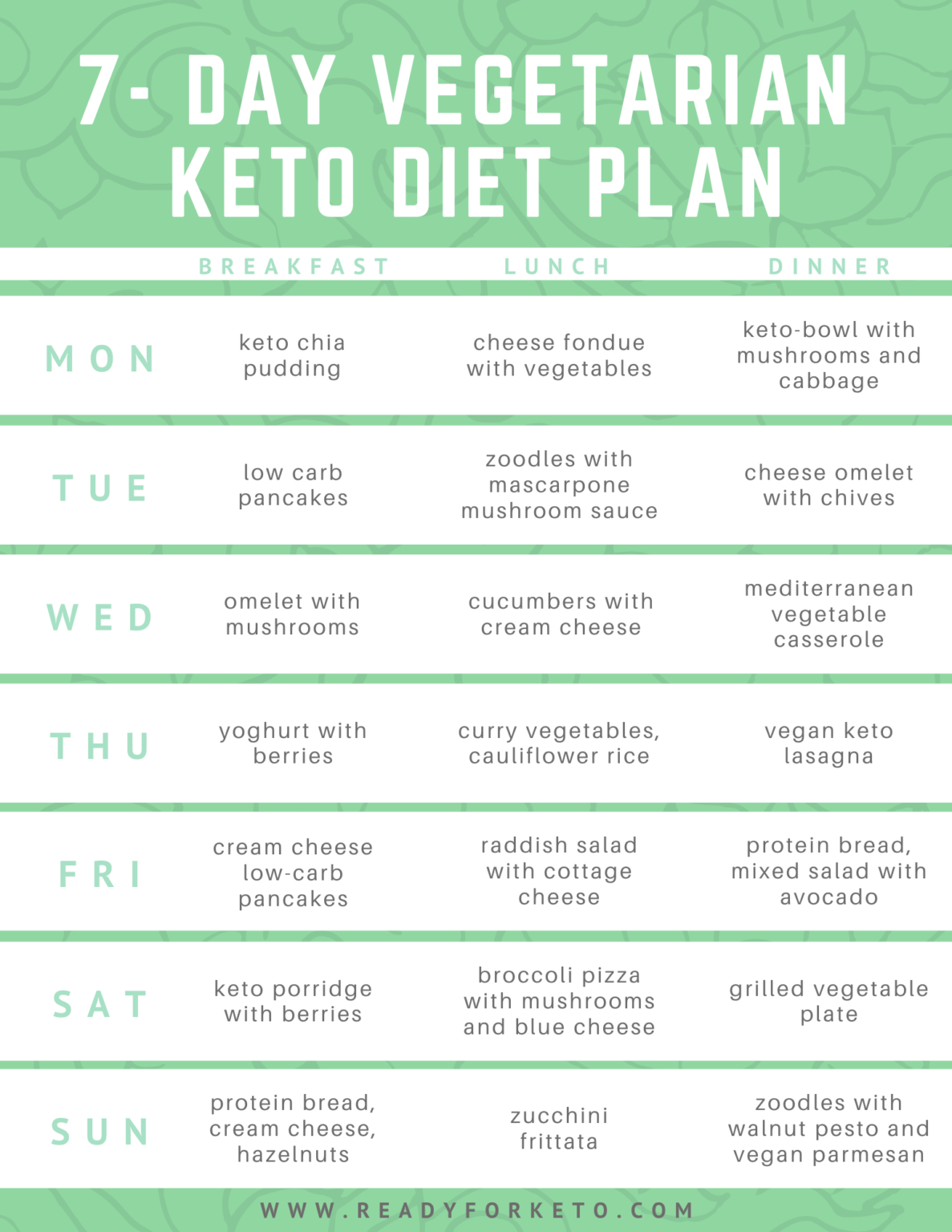In the quest for the ultimate diet often feels daunting. Due to numerous choices to choose from, each promising unique benefits, finding difficult to find a suitable option for your dietary preferences. Ranging from programs for shedding pounds to plans focused on heart wellness or strength training, the world of diets is vast and heterogeneous. In this article, we will explore 10 creative dieting options that you may not have considered yet, diving into what makes them special and how they may be advantageous for you.

If you're looking mitigate inflammation, regulate your blood sugar, or embrace a greener diet, there's a diet available designed for your lifestyle. We'll cover everything from fashionable diets like the flexitarian diet and raw food diets to specialized plans designed for specific medical needs. By the end of this exploration, you'll not only gain a deeper insight about these diets but also insights into which one might align seamlessly with your health journey.
Summary of Well-Known Diets
Dieting has evolved into a diverse landscape of options, catering to varied tastes and objectives. Among the most recognized is the Mediterranean-style eating plan, praised by health experts for its cardiovascular-friendly elements. This diet emphasizes whole foods, including fruits, fresh vegetables, whole grains, nuts, and nutrient-rich fats like olive oil. It encourages sources of lean protein such as seafood and chicken while reducing beef and junk food, making it a long-term lifestyle option rather than a strict eating plan.
An additional prevalent diet is the ketogenic diet, which shifts the body into a state of ketosis by drastically lowering carb intake and elevating fat consumption. This method can lead to significant weight loss and improved energy levels for certain individuals, but it may not be fit for all. The Paleo diet emphasizes eating like our ancestors did, highlighting whole, unprocessed foods and eliminating grains, dairy products, and legumes. This diet is attractive to those searching for a primitive approach to better nutrition.
Intermittent fasting has grown in traction as a adaptable eating schedule rather than a traditional diet. This method involves alternating between intervals of eating and abstaining from food, allowing various methods that can suit varied lifestyles. It may help improve metabolic health and assist in weight loss, but results can vary significantly among people. These common diets each offer unique benefits and challenges, encouraging individuals to explore what aligns best with their wellness objectives and lifestyle preferences.
Understanding Specialized Diets
Tailored dietary plans are designed to serve to particular health needs or lifestyle choices, offering tailored nutritional approaches that differ from traditional diets. These dietary plans can span from clinical dietary interventions, such as the wheat-free diet for individuals with celiac disease or the renal diet for individuals with kidney issues, to wellness plans, like the FODMAP diet, which helps alleviate symptoms of irritable bowel syndrome. Selecting a customized diet often entails close consultation with healthcare providers to ensure that nutritional needs are met while tackling specific health concerns.
A further unique category falls under specialty diets that are developed to encourage ethical eating or sustainability. The semi-vegetarian diet, for example, promotes plant-based meals without fully removing meat, suitable to those seeking to cut down their animal consumption for health or environmental reasons. In the same way, the raw food diet focuses on unprocessed and raw foods, focusing on fresh fruits and vegetables, which can match with those wanting to eat more healthily. Understanding the incentives behind these diets can help clients choose an option that aligns with their personal values and health priorities.
Lastly, the design and adoption of specialized diets call for careful consideration of individual needs and goals. It is important to acknowledge that while these diets can offer significant benefits, they also come with potential drawbacks. Overly restrictive eating patterns might lead to nutritional deficiencies or unhealthy eating habits. Therefore, it’s essential to strike a measure between the specific dietary guidelines and overall nutrition, ensuring that any adopted specialized diet contributes positively to one’s health and lifestyle.
Determining the Best Diet for You
Choosing the best diet is a personal journey that should mirror your personal lifestyle, health needs, and fitness goals. Start by evaluating what view publisher site want to attain—regardless of whether it's weight loss, muscle gain, or general health improvement. Take into account your daily routine, food preferences, and any dietary restrictions you may have. This reflection will help you limit the options that mesh seamlessly into your life.
Research different diets to understand their principles and potential benefits. For instance, if you're interested in a balanced approach, the Mediterranean diet may befit you well, while those seeking quick results might consider the keto diet. Note to weigh the pros and cons of each plan, as a few may be more sustainable than alternatives in the long run. It's crucial to choose a diet that is not only successful but also pleasurable and feasible for you to adhere to.
Finally, don't hesitate to reach out to a healthcare professional or nutritionist who can provide personalized guidance tailored to your specific needs. They can help you understand popular and trendy diets, ensuring you make wise decisions based on your health condition and lifestyle. The appropriate choice should allow you to not only reach your goals but also maintain a healthy relationship with food.
